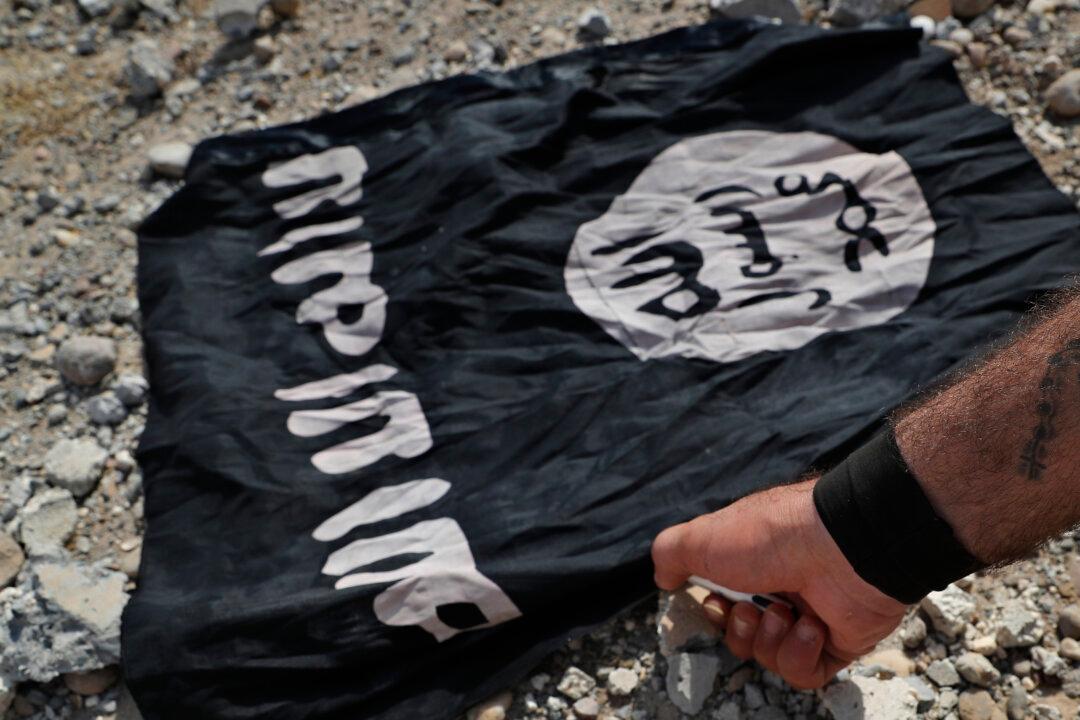BEIRUT—A helicopter raid by U.S. forces in northern Syria early on Monday killed a senior leader of the ISIS terrorist group, the U.S. military said.
The U.S. Central Command said in a statement that the ISIS leader, Abd-al-Hadi Mahmud al-Haji Ali, was “responsible for planning terror attacks in the Middle East and Europe.” Two other alleged ISIS members, were killed along with al-Haji Ali who was the target of the raid, CENTCOM said. The statement said no civilians or U.S. troops were hurt in the operation.





